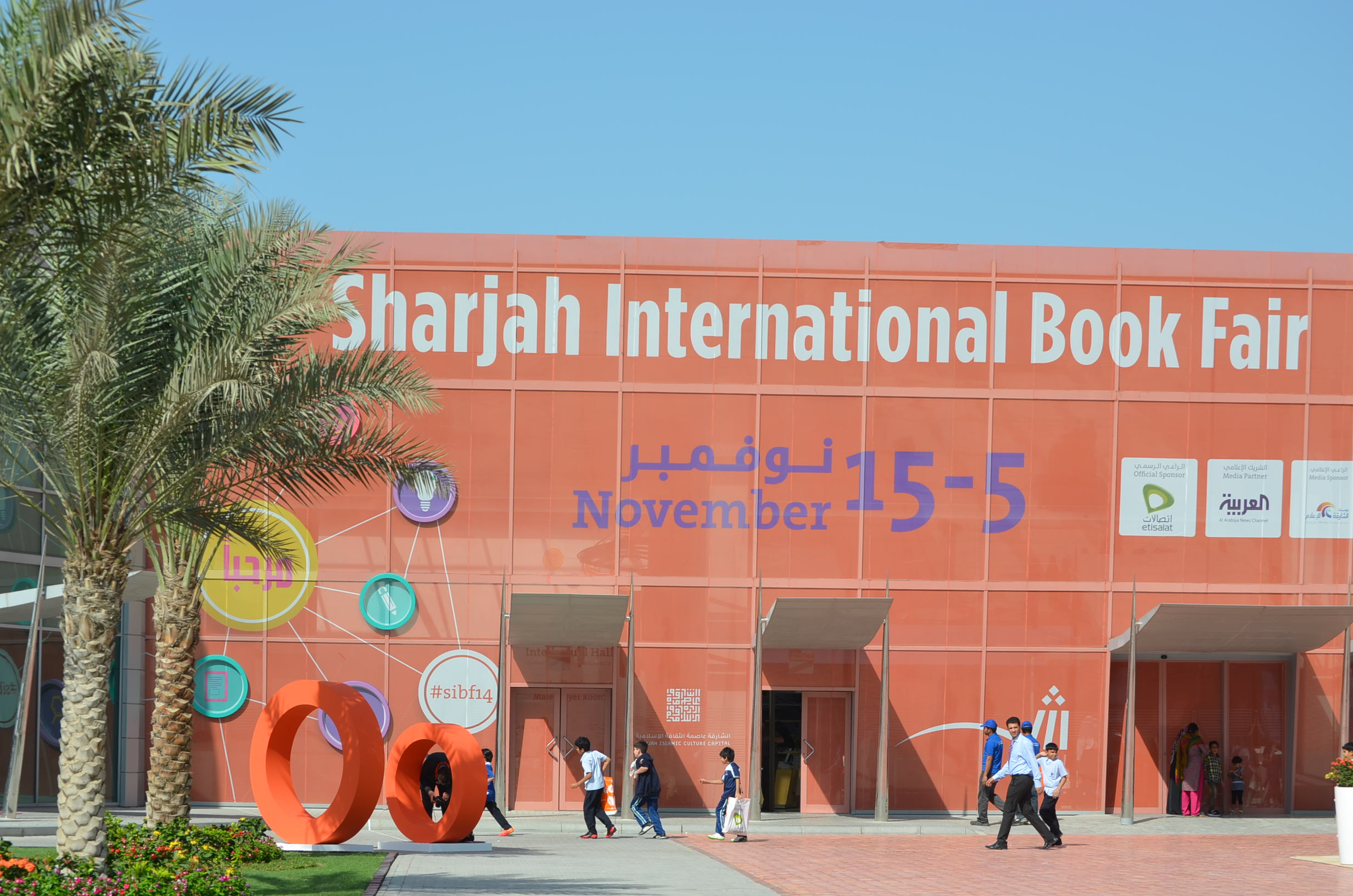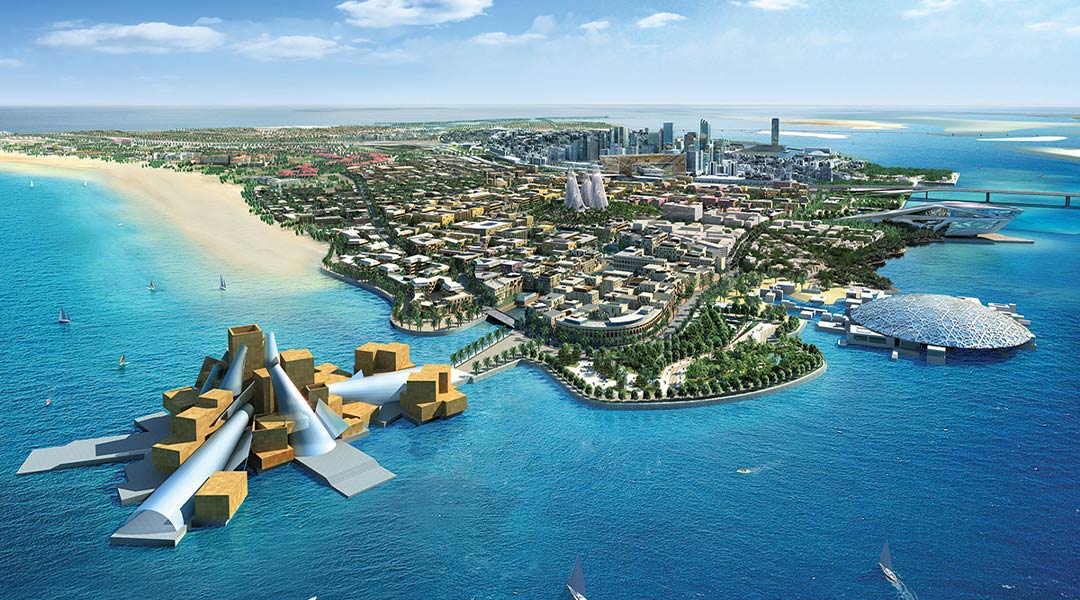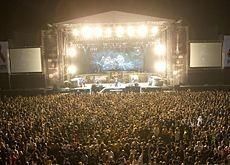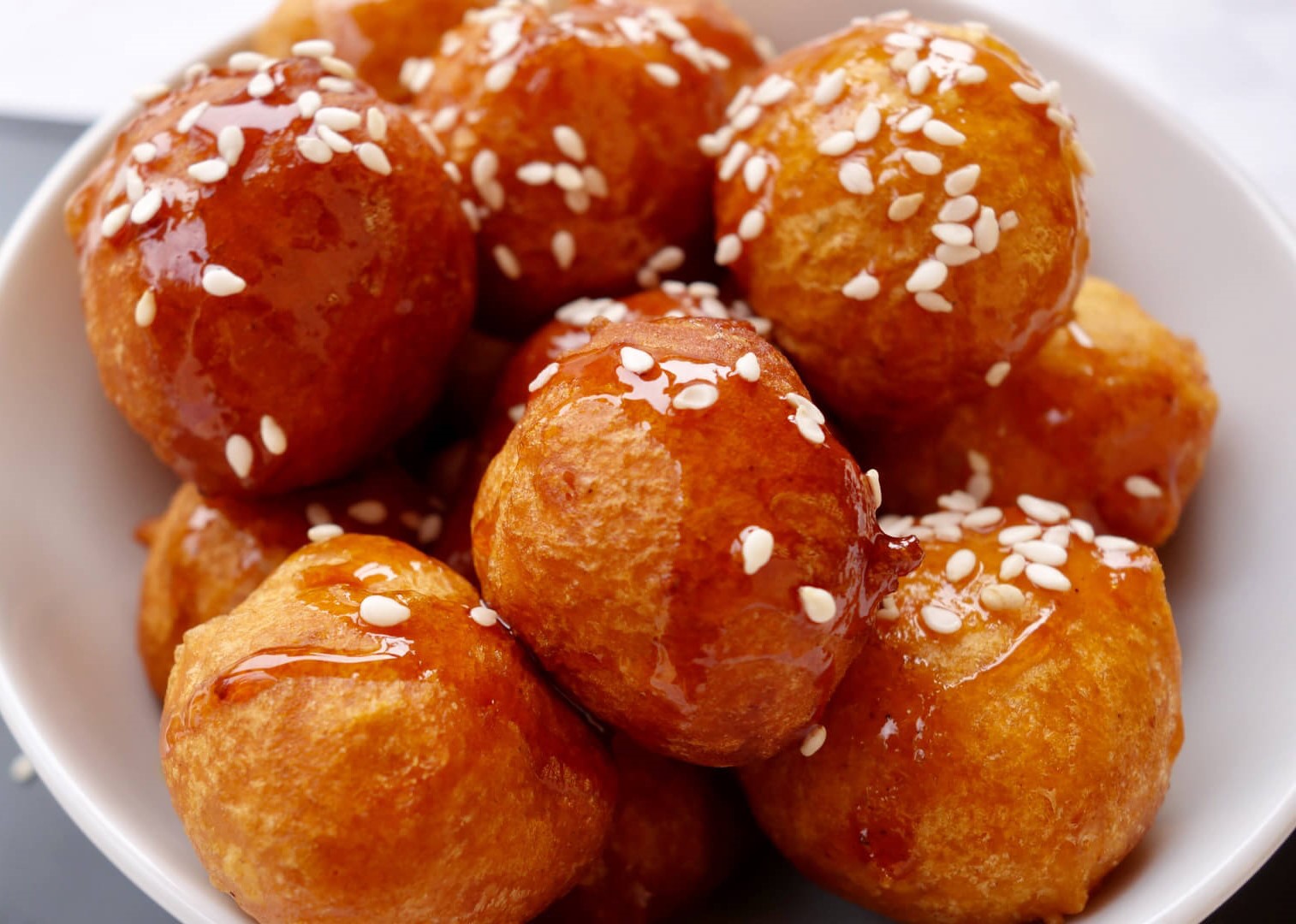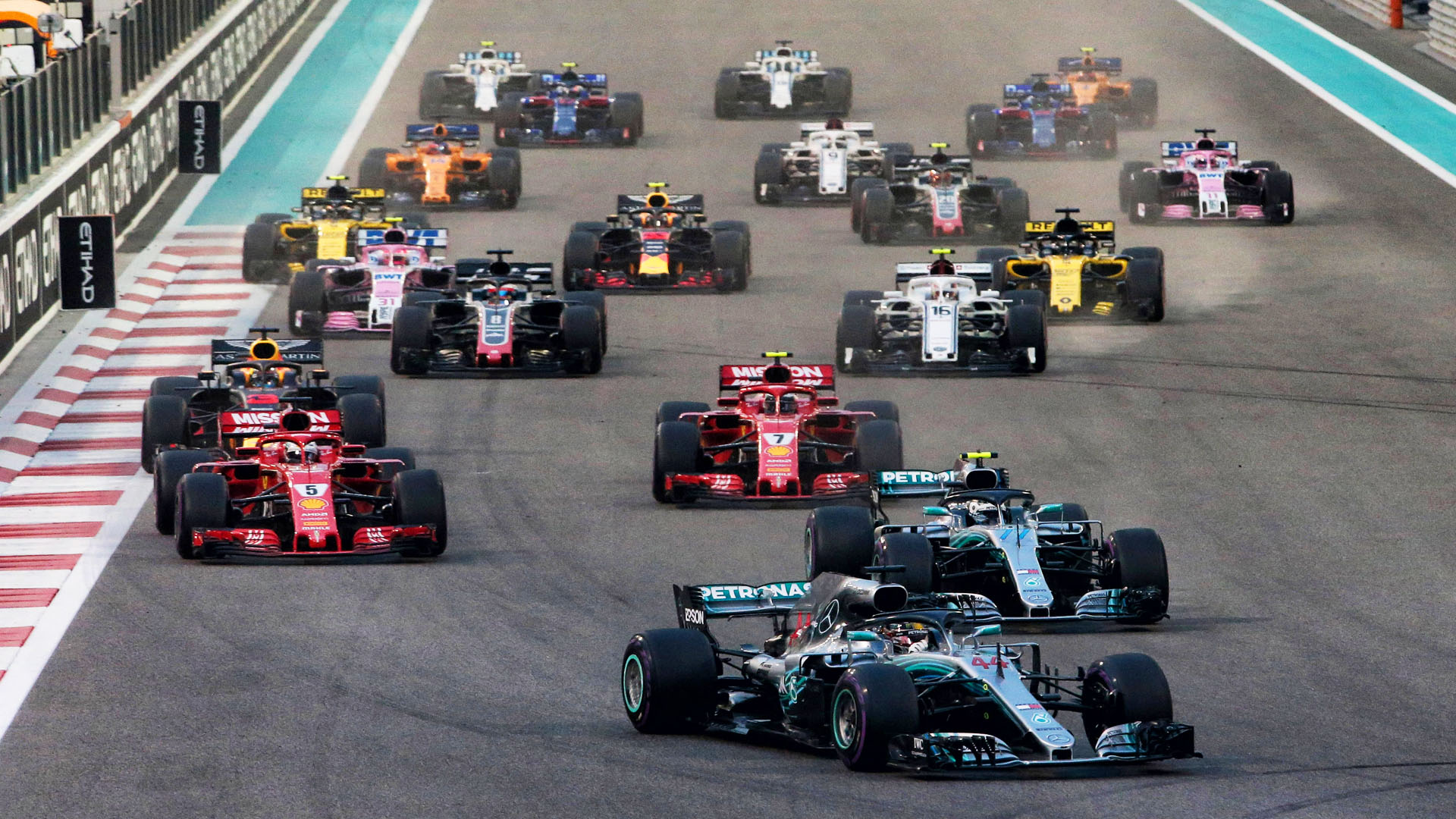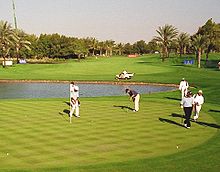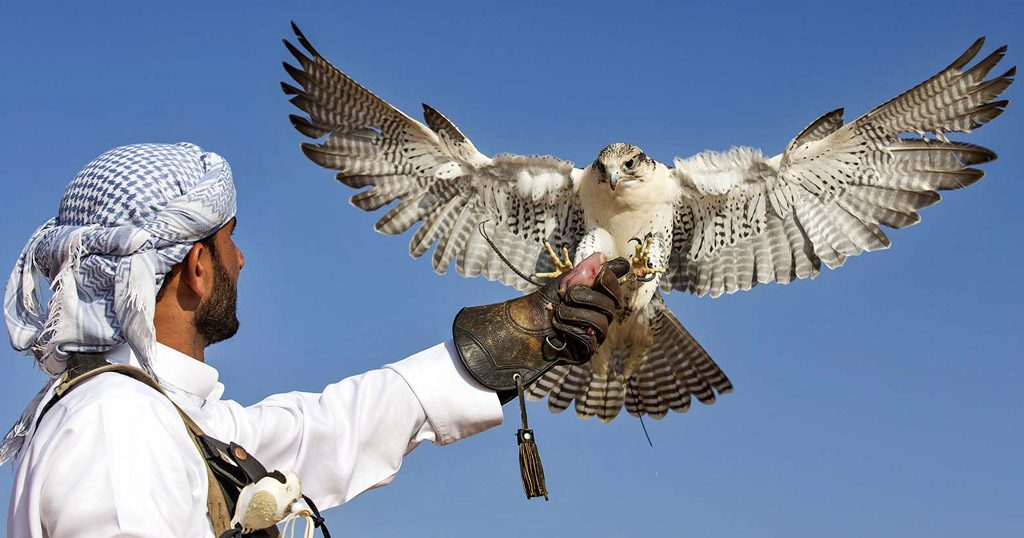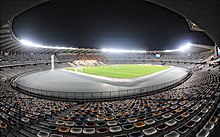UAE Culture
Emirati culture is based on Arabian culture and has been influenced by the cultures of Persia, India, and East Africa.Arabian and Persian inspired architecture is part of the expression of the local Emirati identity.Persian influence on Emirati culture is noticeably visible in traditional Emirati architecture and folk arts.For example, the distinctive wind tower which tops traditional Emirati buildings, the barjeel has become an identifying mark of Emirati architecture and is attributed to Persian influence.This influence is derived both from traders who fled the tax regime in Persia in the early 19th century and from Emirati ownership of ports on the Persian coast, for instance the Al Qassimi port of Lingeh.
The United Arab Emirates has a diverse society.Dubai's economy depends more on international trade and tourism, and is more open to visitors, while Abu Dhabi society is more domestic as the city's economy is focused on fossil fuel extraction.
Major holidays in the United Arab Emirates include Eid al Fitr, which marks the end of Ramadan, and National Day (2 December), which marks the formation of the United Arab Emirates.Emirati males prefer to wear a kandura, an ankle-length white tunic woven from wool or cotton, and Emirati women wear an abaya, a black over-garment that covers most parts of the body.
Ancient Emirati poetry was strongly influenced by the 8th-century Arab scholar Al Khalil bin Ahmed. The earliest known poet in the UAE is Ibn Majid, born between 1432 and 1437 in Ras Al-Khaimah. The most famous Emirati writers were Mubarak Al Oqaili (1880–1954), Salem bin Ali al Owais (1887–1959) and Ahmed bin Sulayem (1905–1976). Three other poets from Sharjah, known as the Hirah group, are observed to have been heavily influenced by the Apollo and Romantic poets.The Sharjah International Book Fair is the oldest and largest in the country.
The list of museums in the United Arab Emirates includes some of regional repute, most famously Sharjah with its Heritage District containing 17 museums, which in 1998 was the Cultural Capital of the Arab World.In Dubai, the area of Al Quoz has attracted a number of art galleries as well as museums such as the Salsali Private Museum.Abu Dhabi has established a culture district on Saadiyat Island. Six grand projects are planned, including the Guggenheim Abu Dhabi and the Louvre Abu Dhabi.Dubai also plans to build a Kunsthal museum and a district for galleries and artists.
Emirati culture is a part of the culture of Eastern Arabia. Liwa is a type of music and dance performed locally, mainly in communities that contain descendants of Bantu peoples from the African Great Lakes region.The Dubai Desert Rock Festival is also another major festival consisting of heavy metal and rock artists.The cinema of the United Arab Emirates is minimal but expanding.
Cuisine
The traditional food of the Emirates has always been rice, fish and meat. The people of the United Arab Emirates have adopted most of their foods from other West and South Asian countries including Iran, Saudi Arabia, Pakistan, India and Oman. Seafood has been the mainstay of the Emirati diet for centuries. Meat and rice are other staple foods, with lamb and mutton preferred to goat and beef. Popular beverages are coffee and tea, which can be complemented with cardamom, saffron, or mint to give them a distinctive flavour.
Popular cultural Emirati dishes include threed, machboos, khubisa, khameer and chabab bread among others while Lugaimat is a famous Emirati dessert.
Sports
Formula one is particularly popular in the United Arab Emirates, and a Grand Prix is annually held at the Yas Marina Circuit in Yas Island in Abu Dhabi. The race takes place in the evening, and was the first ever Grand Prix to start in daylight and finish at night.Other popular sports include camel racing, falconry, endurance riding, and tennis.The emirate of Dubai is also home to two major golf courses: the Dubai Golf Club and Emirates Golf Club.
In the past, child camel jockeys were used, leading to widespread criticism. Eventually, the UAE passed laws banning the use of children for the sport, leading to the prompt removal of almost all child jockeys.[355] Recently robot jockeys have been introduced to overcome the problem of child camel jockeys which was an issue of human rights violations. Ansar Burney is often praised for the work he has done in this area.
1 - Football
Football is a popular sport in the UAE. Al Nasr, Al Ain, Al Wasl, Sharjah, Al Wahda, and Shabab Al Ahli are the most popular teams and enjoy the reputation of long-time regional champions.The United Arab Emirates Football Association was established in 1971 and since then has dedicated its time and effort to promoting the game, organising youth programmes and improving the abilities of not only its players, but also the officials and coaches involved with its regional teams. The UAE qualified for the FIFA World Cup in 1990, along with Egypt. It was the third consecutive World Cup with two Arab nations qualifying, after Kuwait and Algeria in 1982, and Iraq and Algeria again in 1986. The UAE has won the Gulf Cup Championship twice: the first cup won in January 2007 held in Abu Dhabi and the second in January 2013, held in Bahrain.The country hosted the 2019 AFC Asian Cup. The UAE team went all the way to the semi-finals, where they were defeated by the eventual champions, Qatar.
2 - Cricket
Cricket is one of the most popular sports in the UAE, largely because of the expatriate population from the SAARC countries, the United Kingdom, and Australia. The Sharjah Cricket Association Stadium in Sharjah has hosted four international test cricket matches so far. Sheikh Zayed Cricket Stadium in Abu Dhabi has also hosted international cricket matches. Dubai has two cricket stadiums (Dubai Cricket Ground No. 1 and No. 2) with a third, the DSC Cricket Stadium, as part of Dubai Sports City. Dubai is also home to the International Cricket Council. The UAE national cricket team qualified for the 1996 Cricket World Cup and narrowly missed out on qualification for the 2007 Cricket World Cup. They qualified for the 2015 Cricket World Cup held in Australia and New Zealand. UAE has also remained as a 2nd home for the Pakistan Cricket team which couldn't play for about 8 years in its home due to the 2009 terrorist attack against the Sri Lankan cricket team in Lahore. Pakistan played all its home cricket in UAE right from 2009 to 2018 and Pakistan's premier cricket tournament Pakistan Super League was held in UAE for 3-4 editions until Cricket got back to Pakistan in 2019. The 14th edition of the Asia Cup Cricket tournament was held in the UAE in September 2018. UAE has also hosted two IPLs. The 7th edition of Indian Premier League was held in UAE. The UAE leg hosted 20 matches before moving to India.The 2020 Indian Premier League was also held in UAE.

